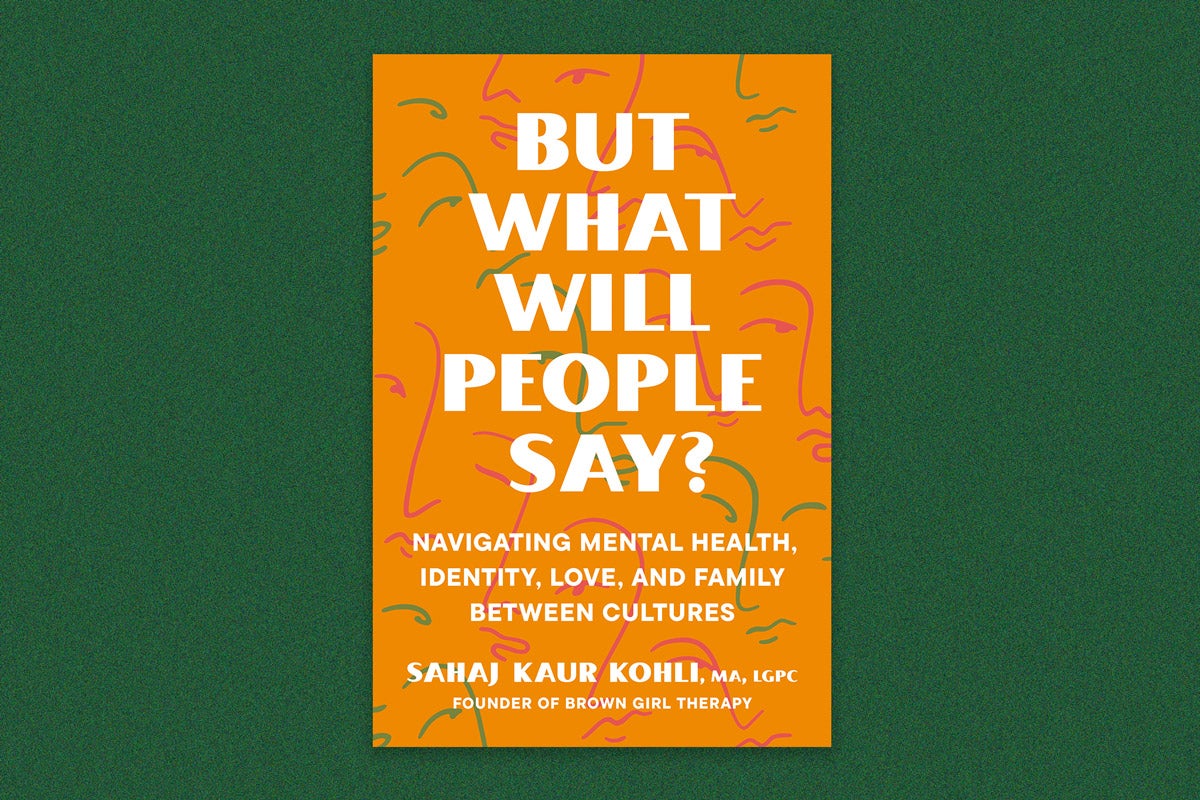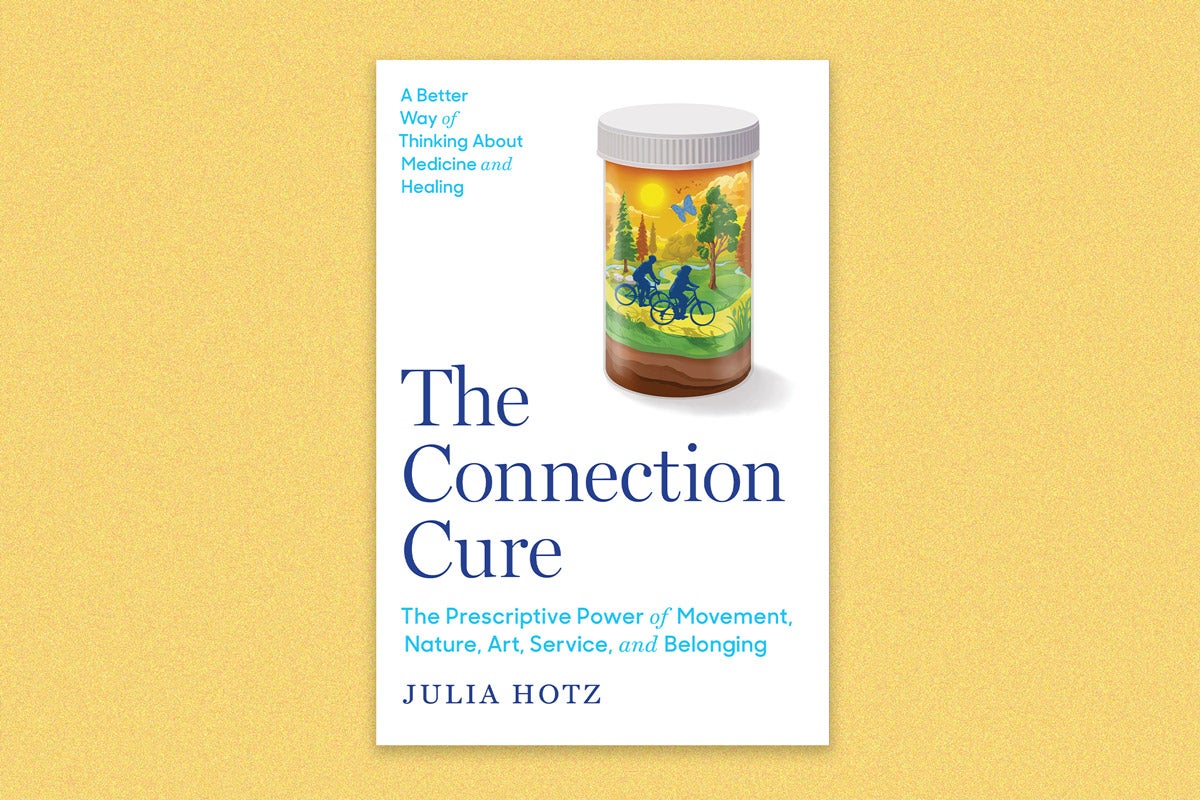People
Moving past mental health stigma
This interview is part of Public Health in Action, a new series from Harvard Public Health and The Studio that examines mental health programs across the U.S. that produce results.
Christine Crawford is a psychiatrist, an assistant professor of psychiatry at the Boston University School of Medicine, and the associate medical director at the National Alliance on Mental Illness. She spoke with Christina Roache, director of Studio programming.
Harvard Public Health: As a clinician, what is your biggest concern about our mental health care system?

Crawford: How fragmented it is and how challenging it is for our patients to seek out and establish care. It’s confusing and overwhelming for so many people.
HPH: How do we make sure approaches to mental health care are inclusive of different groups?
Crawford: We need to ask questions rather than make assumptions. We need to ask our patients what they need from us and what their experiences have been. And we need to validate those experiences every time we’re working with them in session. We need to broaden our approach to capture all of an individual’s unique qualities and characteristics. We can do that if we approach care from a place of being humble, recognizing that as a clinician, you may not have all of the answers.
Keep up with the series
HPH: How do we address the stigma of getting treatment, particularly for those affected by serious mental illness?
Crawford: For individuals who are living with serious mental illness, we must be open and honest about how treatment can be helpful for them. For some people, being on medications can be really helpful to improve their overall functioning.
Individual therapy, group therapy, and peer support can all be integrated as part of one’s path towards recovery. And so we really need to make sure that individuals with serious mental illness have all the tools that they need in order to recover, function, and thrive.
HPH: What key principles should guide reform and innovation?
Crawford: They include accessibility and inclusivity. We need to make it easy for people of all backgrounds to engage in care and to have access to the mental health support that they truly need.
I’m seeing pockets of innovation when it comes to our youth, the mental health information they’re receiving, and how they’re accessing it. To figure out innovative approaches to addressing mental health concerns, we should look to our youth. They’re learning to take care of their own social and emotional needs, and it’s truly inspiring.
HPH: What else gives you hope?
Crawford: I’m really hopeful about our future because we’re having conversations about mental health. Now, we feel pretty comfortable talking about conditions like depression and anxiety. More and more people are talking about their emotional needs. They’re talking about the importance of getting help. And we’re also talking to each other about how we can support everyone’s mental health. It’s interesting how we’ve kind of gotten past stigma being a barrier for folks thinking about mental health.


